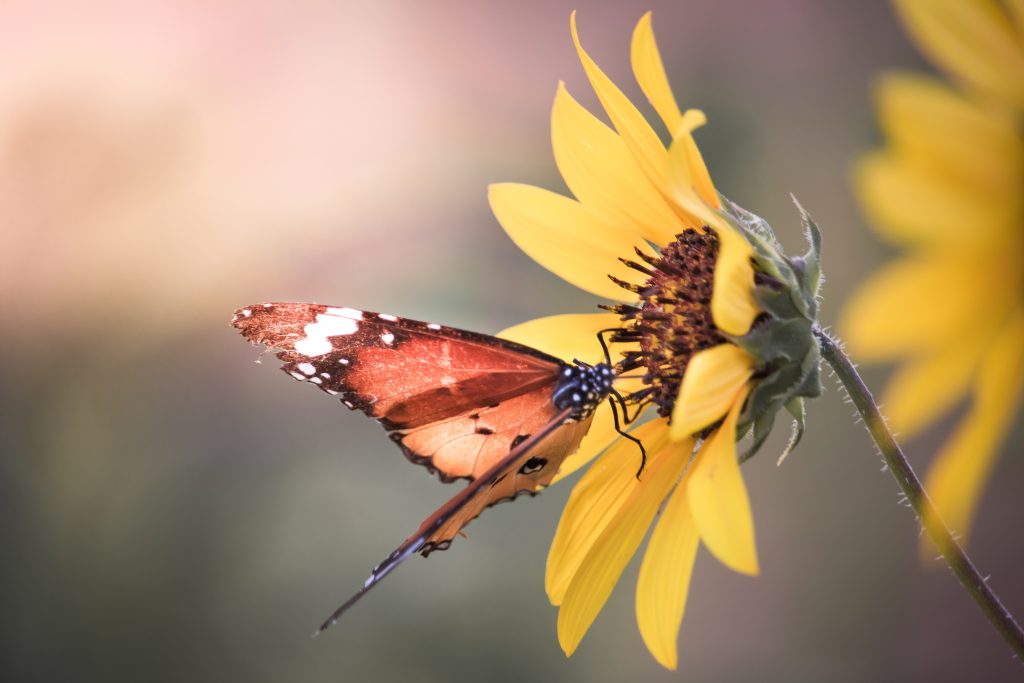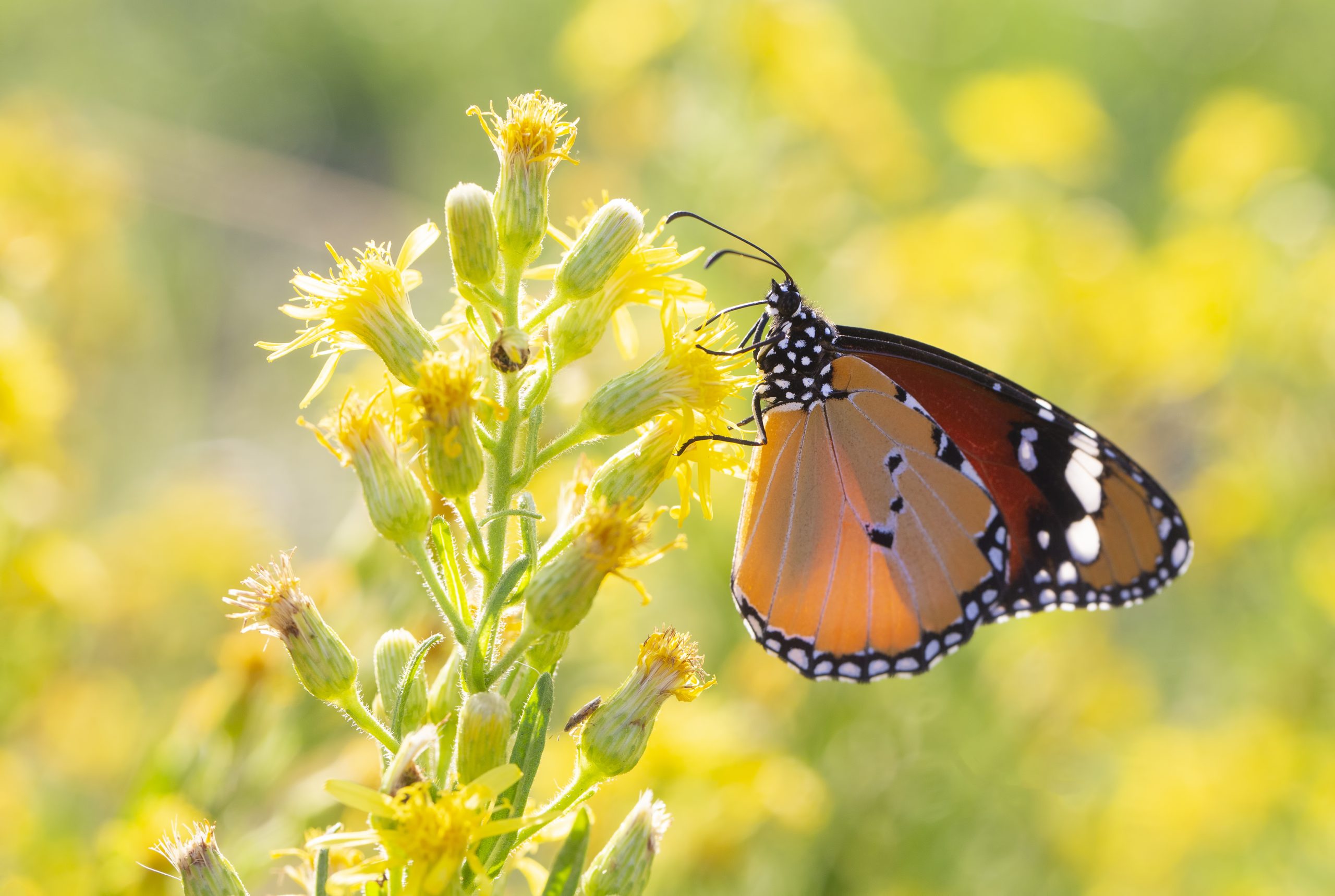
Urban Landscaping
Urban Landscaping for
Pollinator Support
Urbanization has had a significant impact on the decline of pollinators due to the loss or disruption of their natural habitats. However, by introducing changes–no matter how big and small–can play a crucial role in supporting pollinator populations. By incorporating pollinator-friendly practices into cityscapes, we can create thriving, sustainable habitats that benefit both pollinators and people. Whether in commercial spaces or your own backyard, thoughtful and intentional landscaping can make a significant difference in pollinator conservation.
Simple Steps for Homeowners
Homeowners can contribute to pollinator health by transforming their yards, gardens, and outdoor spaces into a welcoming environment for butterflies, bees, and other pollinators. Here are some simple yet effective actions that you can take:
Utilize Native Plants
Choose a variety of native flowers, shrubs, and trees that bloom at various times throughout the year, thus providing continuous food sources for pollinators. Plant them in clusters to give pollinators a bigger target area.
Reduce Lawn Areas
Although traditional grass lawns may seem like an environmentally friendly choice, they typically lack biodiversity while requiring more water and energy to maintain. Replace sections of your lawn with wildflowers or pollinator gardens to create more diverse habitats that add beauty and use less resources.
Avoid Pesticides
Use natural pest control methods, such as mechanically removing invasive species, to protect pollinators from harmful chemicals.
Provide Nesting Sites
Incorporate features like bee houses, wood nesting blocks, bare soil patches, and dead branches or logs to support nesting and overwintering.
Create Water Sources
Shallow water dishes with stones allow pollinators a place to safely land and drink.

Cultivating Change, One Space at a Time
It’s important to remember that even making small changes can have a big impact for pollinators in your area. By embracing just one or two green urban landscaping practices, both home- and business-owners can play an active role in creating vibrant habitats for pollinators while fostering healthier ecosystems and contributing to the well-being of our communities.
For those looking to expand their efforts, there are numerous grants and local initiatives available to support pollinator-friendly projects. Explore these opportunities below to learn how you can get involved and make an even greater difference.
Pollinator-Friendly Landscaping
for Commercial Properties
Businesses and commercial property owners can also make a significant difference by integrating pollinator-friendly landscaping into their spaces. These efforts not only support biodiversity but can also enhance the aesthetic appeal and sustainability of commercial properties:
Landscape with a Purpose
Use native plant species and diverse vegetation in parking lots, medians, and other landscaped areas around the property.
Design Green Spaces
Incorporate green roofs, living walls, and pollinator gardens into building designs and outdoor spaces.
Support Eco-Friendly Practices
Implement integrated pest management (IPM), which focuses on long-term pest prevention that limits chemical use and minimizes the associated risks for people and the environment.
Engage Employees and Customers
Educate staff and clientele about pollinator-friendly practices and encourage participation in conservation efforts.
Partner with Local Organizations
Collaborate with other groups in your area to support community-wide habitat initiatives.
